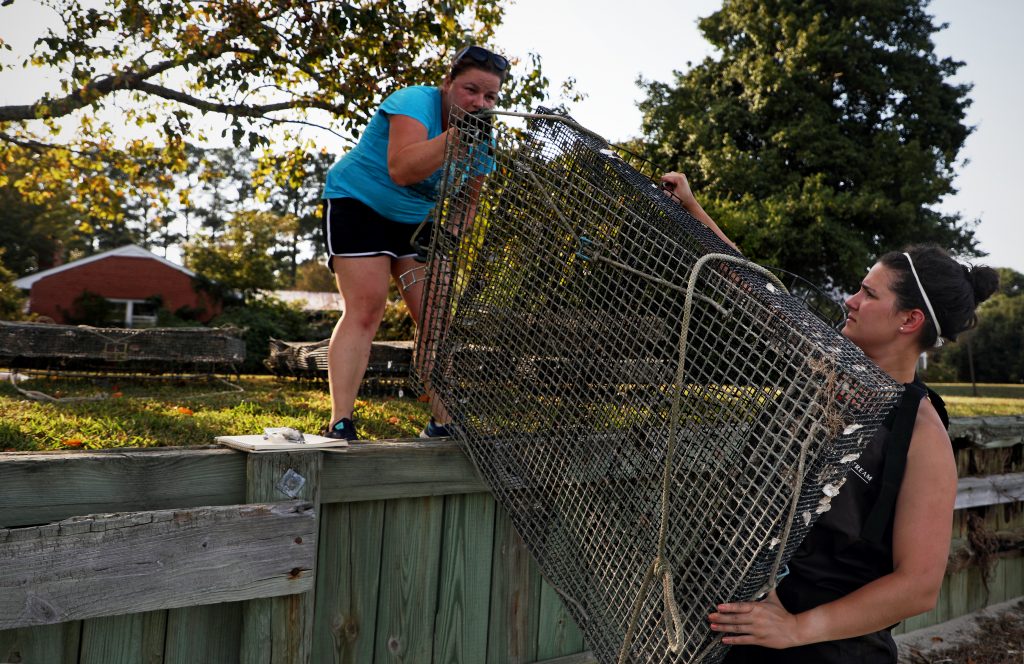The excess carbon dioxide responsible for global warming also increases the acidity of seawater, challenging the growth and survival of oysters and other shellfish.
A team led by researchers at William and Mary’s Virginia Institute of Marine Science is now helping oyster growers and restoration specialists better manage their future responses to acidification in the Chesapeake Bay.
The team, funded by the National Oceanic and Atmospheric Administration’s Ocean Acidification Program, is led by VIMS researchers Marjy Friedrichs and Emily Rivest, along with David Wrathall of Oregon State University.
Other team members include Mark Brush, Pierre St-Laurent and Karen Hudson of VIMS, Aaron Bever of Anchor QEA and Bruce Vogt of NOAA’s Chesapeake Bay office. The team calls its project STAR which stands for Shellfish Thresholds and Aquaculture Resilience.
“Coastal acidification and its associated co-stressors present a serious and credible threat to the success of both oyster aquac...
To view the rest of this article, you must log in. If you do not have an account with us, please subscribe here.

